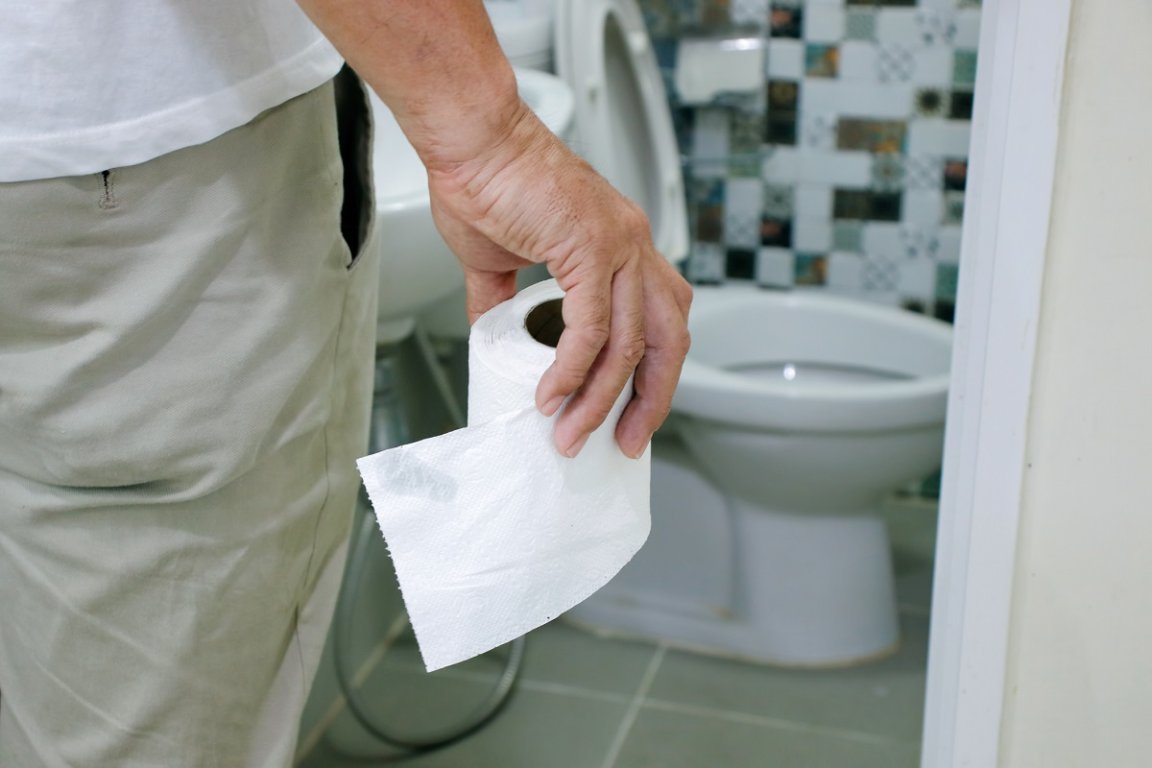
Laxatives are having a major cultural renaissance — so much so, in fact, that soaring demand for the drugs is reportedly causing a national shortage.
As The Wall Street Journal reports, the US is experiencing a scarcity of polyethylene glycol 3350, the pharmaceutical powering name-brand products like Miralax and Glycolax. As for why? It’s complicated.
Per the report, there are several suspected culprits for the rising laxative demand. On the one hand, the American population is aging, and older adults are more likely to suffer from constipation than younger folks. The average American also doesn’t consume nearly enough fiber, and elsewhere, the WSJ notes that “lingering physical and psychological effects of the pandemic” appear to be playing a role in the lax-revolution as well. While locked indoors, people exercised less, ate worse, and experienced high levels of stress — all of which can contribute to gastrointestinal issues, constipation included. And on the flip side, the end of the pandemic, which disrupted our newfound routines, sending many back into the office and reviving a flailing travel industry, may have caused its own wave of gastrointestinal problems as well.
“It’s crazy to think that our collective bowel dysfunction problems have gotten so bad that we’re literally running out of stool softeners,” Dr. George Pavlou, head of the Gastroenterology Associates of New Jersey, told the WSJ.
The growing laxative demand might also be linked to more concerning psychological trends. Per the report, some laxative buyers appear to be using the medicine as a de facto Ozempic. Of course, the two drugs are very different, and Ozempic is much more expensive than over-the-counter stool softeners. But various laxatives have been a staple of diet culture for decades now, despite the fact that they don’t actually promote weight loss, and mostly just result in dehydration, mineral imbalances, and in some severe cases, internal organ damage, according to the National Eating Disorders Association — although that’s not stopping people with disordered eating from trying them nonetheless.
“When people have an excessive bowel movement and they feel completely empty inside, that gets wrapped up in thinness and health,” Eating disorder specialist Dr. Jenna DiLossi told the WSJ.
DiLossi told the newspaper that before the pandemic, her clients rarely reported turning to laxatives as a weight loss measure; now, however, at least “three to five” of new teen clients every week admit to taking laxatives as an attempted weight loss measure, often telling the doctor that they got the idea from TikTok.
“I had periods in my early 20s where I really struggled with disordered eating,” 30-year-old Sophie Spiers, a fashion copywriter in Los Angeles, told the WSJ, “and it became tied to a mental thing of having to take my Miralax or I’m going to feel fat today.” And though Spiers told the newspaper that she’s learned to manage her reliance in a healthier way, she says she still takes Miralax every morning.
Laxatives aren’t the only shelf item seeing a sales spark in recent months. Relatedly, the WSJ report notes that a growing number of consumers — young folks included — are reaching for passage-inducing fiber supplements, which doesn’t exactly feel like a coincidence.
“The demand has changed,” Jissan Cherian, a director of marketing at Haleon, the company that manufactures Benefiber, told the WSJ.
To be clear, laxatives and other stool-related supplements do have their medical place. But an unhealthy or unnecessary reliance can wreak havoc on the gastrointestinal system, and if you find yourself reaching for them on the daily — especially if you’re a younger person — the eternal advice remains: talk to your doctor first, and as one expert told the WSJ, maybe up your fruit, vegetable, and whole grain intake before reaching for drugs at all. And if you’re just looking for the feeling of an empty stomach? You might want to just skip the laxatives altogether.
More on weight loss trends: Scientist Behind Ozempic Warns That There’s a “Price”